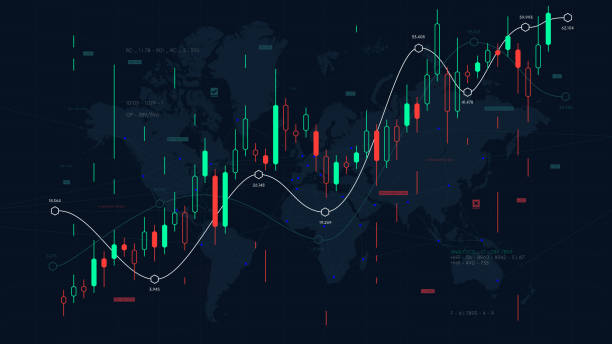THE prospect of extended higher interest rates globally with the US Federal Reserve raising its terminal rate forecast to 4.6% in 2023 (June 2022: 3.8%) following the Sept 21-22 Federal Open Market Committee (FOMC) meeting has prompted Kenanga Research to lower its end-2022 FBM KLCI target by 5% to 1,500 points from 1,580 points previously.
At 15.5 times, the research house is pricing its end-2022 FBM KLCI target at a discount to its five-year historical average of 18 times to reflect:
- The aggressive monetary tightening by major policy makers globally to battle inflation that weighs down on equity valuations and may tip the world into a recession/stagflation; and
- Higher perceived market risk premium for Malaysia with the nation going to the polls in less than a year.
“(Nevertheless), we project the FBM KLCI’s earnings to grow by +11.6% in 2023 backed by (i) the full-year impact of the economy re-opening and international borders; (ii) robust domestic demand; and (iii) a low base in 2022 due to Cukai Makmur (windfall tax),” projected Kenanga Research.
“We acknowledge that there could be downside risk to our earnings forecast in the event the global economy slips into a sharp slowdown or recession.”
If the current hyper-inflationary cycle is to follow the symmetrical pattern in the past (particularly in 1974 and 1979-1980), it may take at least another 12-18 months before the current hyperinflationary cycle in the US (and the world as a whole) could come to an end, according to the research house.
“While gas prices in Europe have come off by more than 40% since hitting a peak in August 2022, they are still more than 10 times higher than the levels seen in 2019, resulting in widespread curtailment of production in energy-intensive industries such as steel, aluminium, zinc, fertilisers, cement and pulp & paper,” observed Kenanga Research.
“Meanwhile, global supply chain disruptions are still far from over with the zero-COVID policy still being in full force in China, and more so, ahead of the consequential 20th National Congress of the Chinese Communist Party in mid-October 2022.”
The research house further advocated investors to seek refuge in domestically-driven sectors amid rising external headwinds.
“We expect the government policy of strengthening support to domestic demand and economic activities – since the outbreak of COVID-19 through the pandemic recovery phase – will be reinforced in the coming Budget 2023 on Oct 7,” noted Kenanga Research.
“Banks are the best proxy to Malaysia’s resilient economy, in particular, domestic consumption. Similarly, earnings of telcos will be supported by domestic consumption and spared the external headwinds.”
Likewise, the research house expects auto makers/distributors to have strong earnings visibility underpinned by order backlogs that are sizeable enough to keep them going for the next seven to eight months.
“We believe mid-market retailers will continue to do well given their customer base that is skewed towards the M40 group of which spending power is less impacted by the high inflation given a healthy household balance sheet,” envisages Kenanga Research.
“Also, we believe investors should build position in contractors ahead of the 15th General Election (GE15). There is a strong case for the Government to embark on counter-cyclical fiscal pump-priming to shield the economy from the external slowdown.”
The research house’s overall top picks are Malayan Banking Bhd (Maybank), Petronas Chemicals Group Bhd, CIMB Group Holdings Bhd, Digi.Com Bhd, Kuala Lumpur Kepong Bhd (KLK), Inari Amerton Bhd, Gamuda Bhd, Alliance Bank Malaysia Bhd, Bermaz Auto Bhd and AEON Co (M) Bhd. – Sept 28, 2022









